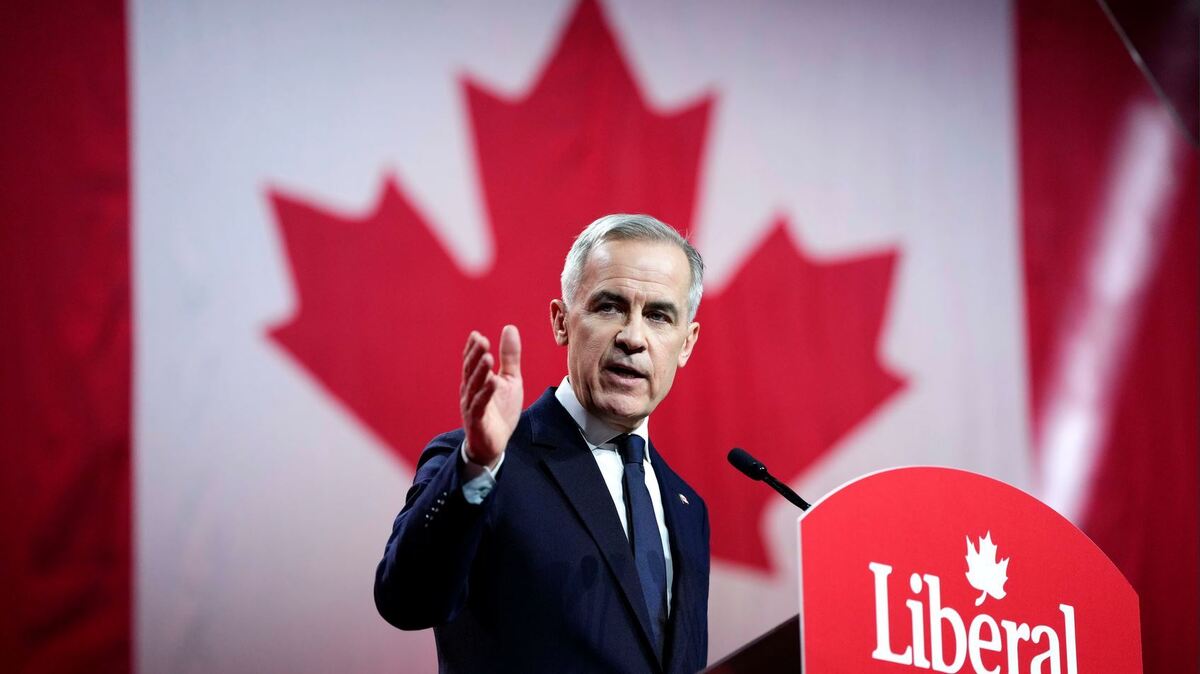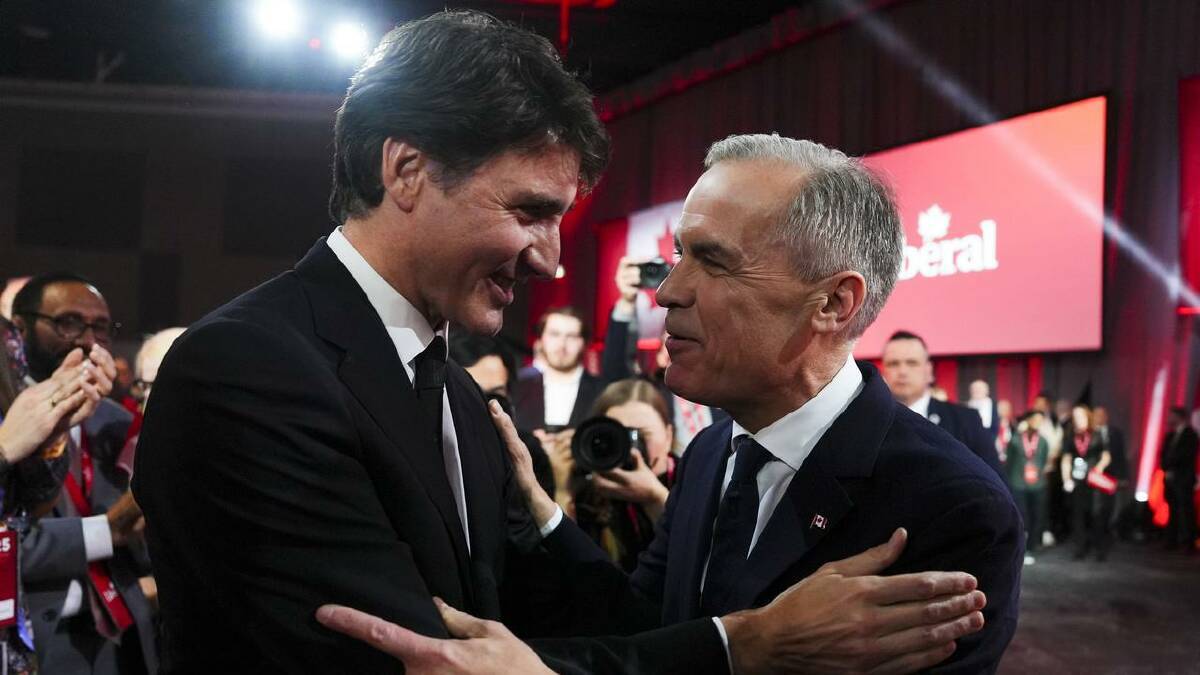Who is Mark Carney, the new Prime Minister of Canada?

Mark Carney has been sworn in as the new leader of Canada's ruling Liberal Party, replacing Justin Trudeau amid political tensions in the country.
Carney, an economist and former governor of the Bank of Canada, will be sworn in as prime minister in the coming days.
He will make his first foray into Canadian politics at the highest level, ahead of a federal election.
Carney also takes the helm of a party that is riding a new wave of political momentum after years of declining support and growing criticism over its handling of social and economic issues.
In his victory speech after winning 85.9 percent of the vote on the first ballot, he said: "I will work day and night with one goal, and that is to build a stronger Canada for all."
Carney won the Liberal Party leadership on Sunday, putting him in a position to remain prime minister for the foreseeable future, at least until a general election.
Canada's national election is in October, and the Liberals are expected to call a snap election in a few weeks to capitalize on Trump's anti-Canadian stance in the polls. Before Trump took office, Conservative leader Pierre Pouliot had a chance of winning, although some polls still show him as a clear winner.
Carney, a seasoned banker
Carney was born in Fort Smith, in northwestern Canada, and grew up in Edmonton, Alberta. His parents were both teachers, and he played ice hockey as a teenager.
He then went to Harvard University to study economics. He earned a master's and doctorate in economics from Oxford University.
Carney spent 13 years at the American multinational banking and financial services company Goldman Sachs before joining the Bank of Canada in 2003.
He was governor of the Bank of Canada until 2008, and his rise to power coincided with the global economic recession. He cited this period in his election campaign for the Labor Party as evidence of his experience in crisis management.
Trudeau's successor claimed that he had helped support jobs and stabilize the Canadian economy during this time.
His performance was so good that at the end of his five-year term, the Bank of England invited him to become its governor. This was the first time a non-British person had taken over the leadership of the bank. He left the Bank of England in 2020 after seven years. Before the 2016 Brexit referendum in the UK, he had warned of the economic consequences of Britain leaving the European Union.
Little political experience
While few dispute Carney's economic credentials, his lack of experience in electoral politics has raised doubts.
He previously served as Trudeau's economic adviser, who resigned amid widespread anger over his government's handling of the housing crisis and rising cost of living.

But Carney had never run for political office before and spent much of the Liberal leadership campaign introducing himself to Canadians.
Since launching his campaign, Carney has made sweeping promises, including reining in government spending, investing more in housing, diversifying Canada's trading partners and imposing a temporary cap on immigration.
CNN wrote about him: Carney is in an unusual position to become Canada's prime minister because he has no seats in the country's parliament.
Carney vs. Trump
Carney has been a staunch opponent of retaliatory dollar-for-dollar tariffs since Trump announced a 25% tariff on Canada last month.
He condemned the Trump administration’s plans after the vote on Sunday, saying: “Trump is attacking Canadian businesses and families, and we cannot let him win. In a trade war like a hockey game, Canada is winning.”
Trudeau’s successor has vowed to stand up to Trump’s tariffs. “America is not Canada and Canada never will be part of America. We did not seek war, but Canadians are always ready to fight when the other side declares war.”
A new era in Canadian politics
After Carney's victory, the American website Axios wrote: Trudeau was the leader of the Liberal Party for 11 years and the prime minister of Canada for 9 years. But in his farewell speech to the Liberals, he said that democracy has not surrendered, freedom has not surrendered, and the country needs you more than ever.
Axios wrote: It is very rare for central bank governors to enter electoral politics, but Carney's impressive victory shows that, at least in Canada, there is a real desire to choose people based on their merits rather than rhetoric.
The media predicted that Carney's election could create new energy in the support base of the Liberal Party of Canada, especially as the party prepares for an election against a conservative (Pollard) whom the Liberals compare to Trump.